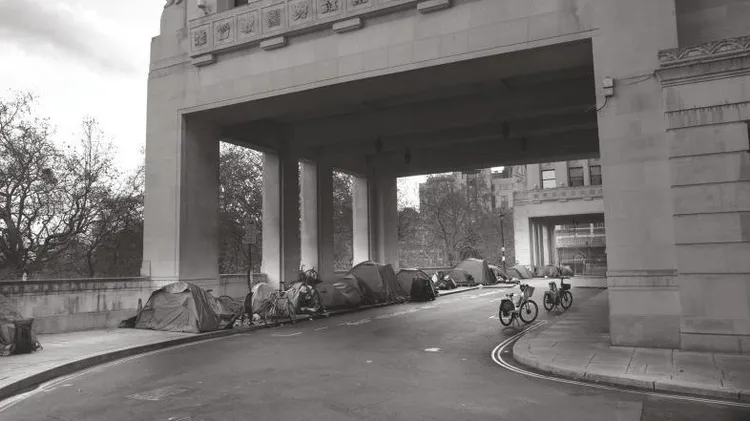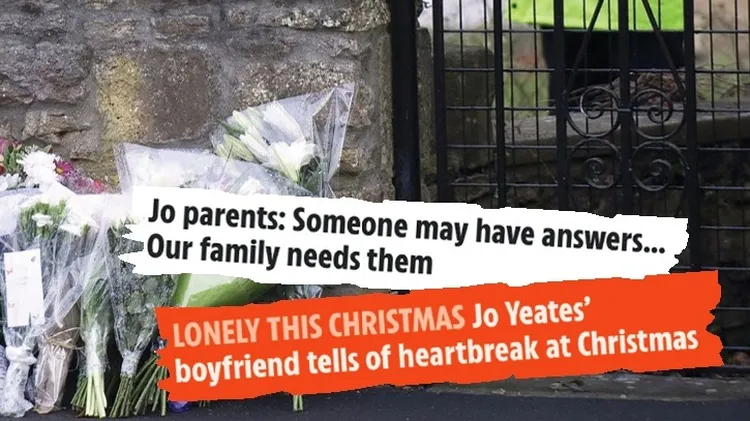Finding a place to sle
“that first night, i sat at a bus stop too afraid to close my eyes”
11 min read
This article is from...
Read this article and 8000+ more magazines and newspapers on Readly






